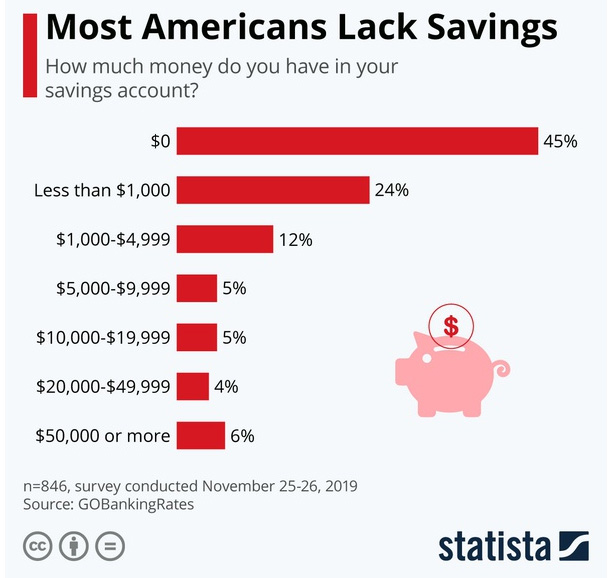
It’s worthwhile remembering that America has not always been a “one person – one vote” democracy; our founders offered voting privileges to white, male property owners only, and it remained that way for generations. It was only until the 20th century that women secured the right to vote, along with ethnic minorities.
Citizenship itself did not automatically bestow voting rights, and the actual mechanisms of voting – registration, polling locations, mail-in ballots, etc. – are all controlled by individual state policy set by each state’s legislature. There are no federal voting regulation standards or uniform system that states are required to use. In other words, voting remains a political football subject to the creation of voting district manipulation, limitation of access and other methods of potentially blocking people from casting votes. Voter suppression, which in the past included a “poll tax” in southern states to prevent blacks from voting, continues today in other forms, such as providing proof of identity when voting.
This all tells the lie of American democracy, that it is and has always been rigged in favor of those in power, those who reap the rewards of legislative policy that ensures that one group of Americans does better than another, as author Isabel Dickerson explains in her book Caste.
The American caste system has been largely economic, like caste systems in other nations, but also includes an unforgiving, hundreds-years-old racist component based on skin color that effectively keeps African Americans stuck at the bottom of the economic ladder. Combined with the remnants of what sociologist Max Weber called “the Protestant Ethic,” an attitude that the poor are disfavored by God and that wealth is a sign of God’s favor, racism, poverty and not voting are the conjoined triplets of American democracy.
Today, while the wealth of the wealthiest has never been greater, average Americans of all ethnicities are poorer than ever before, which I define as living paycheck to paycheck or having no savings or paychecks at all. One might expect poor whites would find purpose with poor blacks, who together are denied the benefits of good education, affordable healthcare, secure housing, and healthy food, but America’s racism combined with zero-sum thinking politically divides the poor. In zero-sum terms, policies intended to help one caste are resented by members of another caste, even if those same policies would help both. The potentially unifying factor of poverty is offset by cultural forces that split groups which logically should be on the same side. Added to this are politically manipulated voting regulations and that tens of millions of poor Americans never vote.
Political strategists properly see the big picture, that turning disenfranchised and poor non-voters into voters is the future of electoral success in America. The GOP is pursuing this path, simultaneously activating its “base” of poor whites with racist, zero-sum “dog whistles” and increasing voter registration, while assertively suppressing the vote in democratic districts. The Democrats, meanwhile, are also focused on increased voter registration combined with greater use of mail-in ballots and calls for more diversity in government.
Affordable housing, healthcare and education are underlying issues of poverty that cross all cultural divides and potentially can overcome the effects of zero-sum thinking and its accompanying racism. The divide between poor Americans can be bridged through the benefits of effective anti-racist and anti-poverty policies; if that happens under a Biden presidency, American democracy will undergo a fundamental shift.